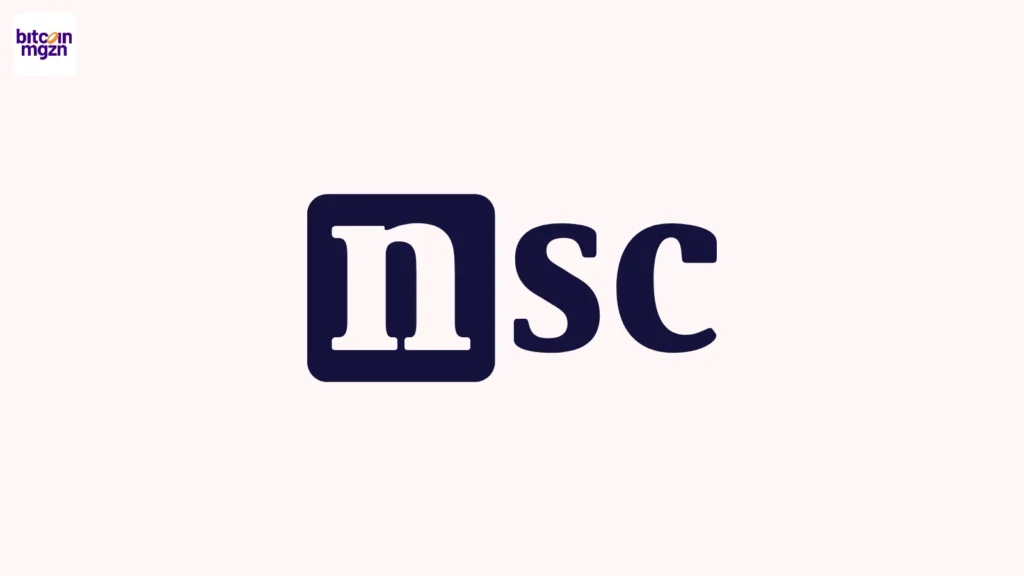Malaysian authorities are mulling the prospects of pivoting from paper-based passport checks at airports with the incoming launch of a QR-based ID feature in their national digital ID system.
According to a report, the Malaysian Institute of Microelectronic Systems has partnered with blockchain-based company Zetrix AI for the launch. Both entities will build an integrated digital identity management system on the pre-existing Malaysia Blockchain Infrastructure (MBI).
The feature will allow Malaysian travellers to move from traditional travel documents to QR codes and other digital credentials. However, neither entity is building from scratch, with the incoming functionality leaning on Malaysia’s MyDigital ID amid plans to pursue cross-border interoperability with the system.
“If everything goes as planned, Malaysia will be able to connect its digital identity systems with partners such as Singapore and, potentially, China and the United States — maybe in three or five years,” said Zetrix AI co-founder Fadzli Shah.
While Zetrix AI is building out its immigration functionality, the local blockchain-based firm is making a calculated entry into the ecosystem. Shah revealed that Zetrix AI will glean insights from MyBorderPass, a QR-based ID system deployed for immigration use cases in select Malaysian borders.
While the MyBorder app has scored some wins, it is limited to Malaysian citizens and restricted to a few borders. Malaysian citizens entering Singapore and Indonesia can rely on the MyICA and All Indonesia app instead of passports.
The local ecosystem for QR-based identity systems in Malaysia is growing, but experts point to multiple app options creating confusion for citizens. Fadzli disclosed that the government had a rare opportunity to capitalize on the headstart of its pandemic-era health app, MySejahtera, to build a national QR-based ID system.
“MySejahtera was a huge missed opportunity,” said Fadzli. “We could have built on the public’s familiarity with scanning a QR code and created a unified platform for digital citizen services – everything from medical records to identity verification.”
Pursuing blockchain beyond finance
While Malaysia has made keen strides with blockchain in finance, the Southeast Asian country is looking to expand the technology to other sectors of its economy. Apart from its digital ID use case, Malaysia is pursuing on-chain halal permits to fight fraud in its food industry.
Furthermore, the country is leaning on blockchain for data provenance, subsidy distribution, and scoring early wins in its vaccine traceability system. The Southeast Asian country is making significant advancements in AI integration, leveraging the technology to future-proof journalism and enhance the scope of public services.
dtcpay inks MOU with Da Nang for digital payments and blockchain adoption
Payment solutions provider dtcpay has signed a Memorandum of Understanding (MoU) with Vietnam’s Da Nang to introduce digital payment solutions and enhance the adoption of next-gen technologies in finance.
dtcpay inked the deal with the People’s Committee of Da Nang during Vietnam Blockchain Day 2025, with key finance industry players and regulators in attendance. Following the MoU signing, dtcpay will collaborate with Da Nang to roll out secure and compliant payment solutions to prop up the existing financial infrastructure.
dtcpay Group Chairman Band Zhao disclosed that the collaboration will focus on blockchain adoption in Da Nang. Going forward, the firm will support regulatory developments and back blockchain training initiatives to deepen the talent pool.
Riding on the buzz of the MoU signing, dtcpay executives met with the Chairman of the Da Nang City People’s Committee and the cabinet to explore ideas. While DTC pledged technical support for a sandbox environment for blockchain development, the city administrators reiterated their intention to transform the city into a technology hub.
“Vietnam, and Da Nang in particular, is uniquely positioned to harness blockchain’s transformative potential,” said Zhao. “This MOU reflects our commitment to driving inclusive financial innovation and supporting the city’s vision of becoming a regional center for technology and digital finance.”
The MoU underscores its long-standing commitment to bridge blockchain-based payments with traditional finance for the Singapore-based DTC.
Meanwhile, Da Nang has made keen strides to transform itself from a tourist destination into a financial hub. In July, Vietnamese authorities announced that the third-largest city would host a new international financial center capable of competing with other regional heavyweights.
Apart from blockchain, Da Nang is pushing to integrate artificial intelligence (AI), VR, and Internet of Things (IoT) to enhance its local tourism industry.
Vietnam’s digital payments explode in volume
The concerted effort of the national government has seen Vietnam’s digital payments balloon in size. Data from the State Bank of Vietnam confirmed that cashless payments spiked by nearly 40% in the first two quarters of the year to reach 12 billion transactions.
Pundits are tipping the numbers to reach astronomical levels by the end of 2025 after the country legalized digital assets. Since the start of the year, Vietnamese authorities have been pushing for broad digital transformation, urging key sector players to adopt emerging technologies.
Watch: What’s Powering the Digital Transformation in the Philippines?
title=”YouTube video player” frameborder=”0″ allow=”accelerometer; autoplay; clipboard-write; encrypted-media; gyroscope; picture-in-picture; web-share” referrerpolicy=”strict-origin-when-cross-origin” allowfullscreen=””>
Source: https://coingeek.com/malaysia-digital-id-initiative-dtcpay-inks-mou-with-da-nang/



